
An Eye Specialist Explains What To Do If You Begin To See “Floaters”
An Eye Specialist Explains What To Do If You Begin To See “Floaters”
Experts have recently discussed what to do if you experience “eye floaters.” Our eyes are profoundly important, responsible for up to 80% of all sensory impressions. The majority of the information we take in from our five senses combined comes from our sense of sight, which is essential to our behaviors, work, and interpersonal relationships. Maintaining healthy eyes is crucial, as the light we perceive even affects our sleep patterns.
Eye floaters are a common visual phenomenon, often a normal aspect of aging and typically not cause for alarm. Many people feel relieved to discover they are not alone in experiencing these "floaters." As one person shared, "I’ve learned about something new today, called ‘floaters?’ I always thought I had something in my eye." Another added, "I keep seeing ‘flies’ everywhere; I keep rubbing at my eye but there’s really nothing there; it is so frustrating. I have constant floaters." A third chimed in, "I thought this was just me; I keep thinking there’s a spider or fly… waving my arms like I’m crazy, only to realize it’s a floater."
Approximately seven out of ten people experience eye floaters, which can appear at any time. Mayo Clinic describes them as "spots in your vision. They may look to you like black or gray specks, strings, or cobwebs. They may drift about when you move your eyes. Floaters appear to dart away when you try to look at them directly."
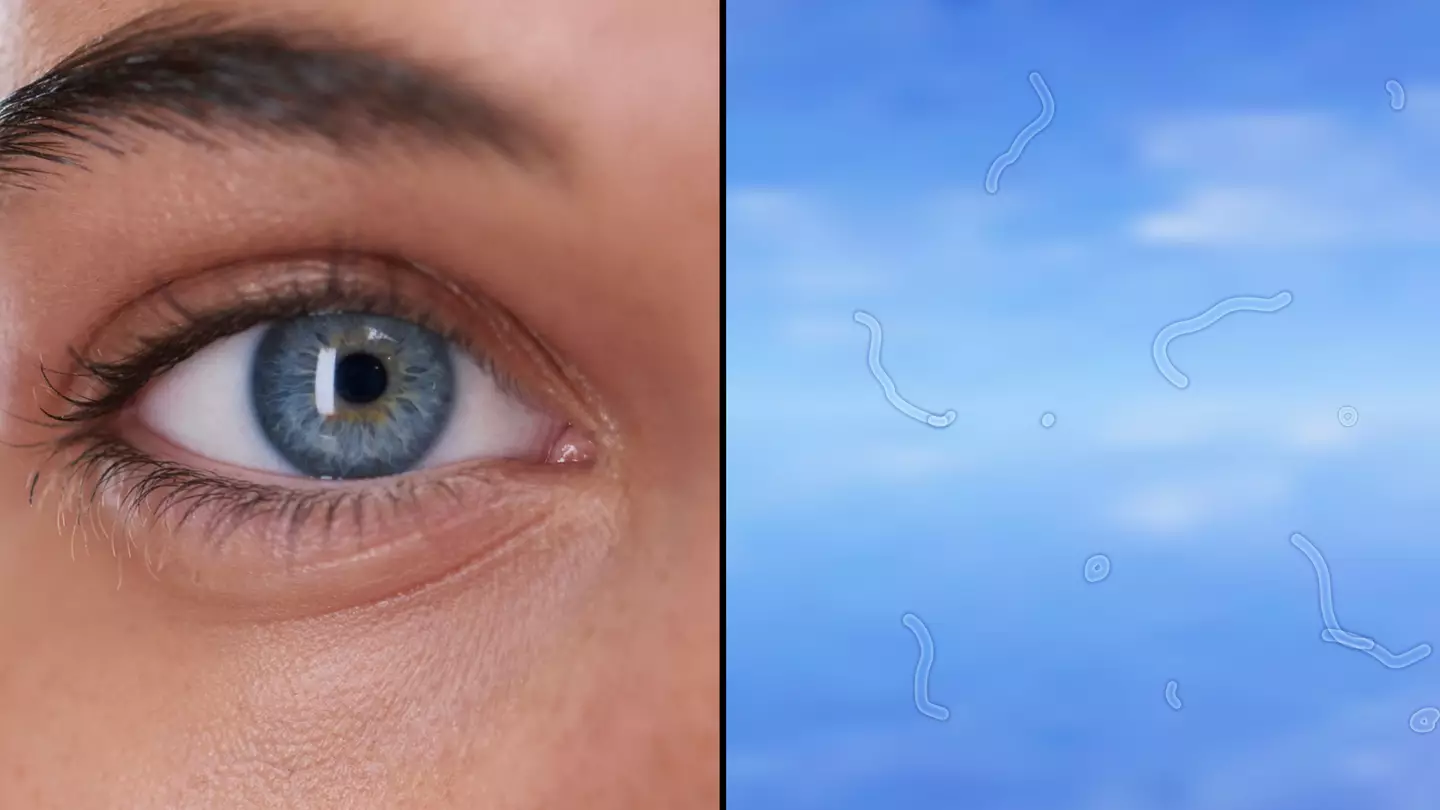
What Causes Eye Floaters?
Age-related changes are the main cause of eye floaters. As you age, the jelly-like fluid (vitreous) inside your eyes begins to liquefy and contract. According to WebMD specialist Rick Ansorge, "As you age, the protein fibers that make up the vitreous shrink into little shreds that clump together." These collagen fiber clusters, dispersed throughout the vitreous, can create microscopic shadows on your retina. The "floaters" you see are these shadows.
When to Take Floaters Seriously
Although they are not always harmful, eye floaters should be taken seriously in certain situations. According to the NHS, you generally shouldn't be concerned if you have had them for a long time, they are not growing worse, and your vision remains unaffected. You are more likely to experience eye floaters if you have undergone cataract surgery or are nearsighted.
While usually benign, WebMD notes that "eye disease, eye injury, diabetic retinopathy, crystal-like deposits that form in the vitreous, and eye tumors" can occasionally cause eye floaters, posing a more significant risk to your vision.
The NHS explicitly states that experiencing “floaters” or flashes for the first time, getting them suddenly, or having more of them than usual is a medical emergency. Additional indicators of something more serious include:
-
Blurred vision.
-
Eye pain.
-
Floaters following eye surgery or an eye injury.
-
A black “curtain” or shadow sliding across your vision.
Any of these symptoms could be a sign of serious underlying eye issues, such as a retinal tear or detachment, and require immediate medical attention.
Managing Benign Floaters
The majority of the time, floaters are benign and common. If they begin to bother you, physicians advise trying to move the fluid in your eyes to shift them out of your direct line of sight. You can do this by simply looking up and down.
In addition to this, maintaining a nutritious, well-balanced diet and quitting smoking can support overall eye health. Taking supplements that promote eye health, such as those containing omega-3 fatty acids, zinc, and vitamin A, may also be beneficial.
News in the same category


New Research Shows Beta Blockers May Raise Heart Failure Risk in Women With Hypertension

13 Science-Backed Benefits of Drinking Lemon Water Daily

Spray This 3-Ingredient Oil On Your Feet 10 Minutes Before Bed And You’ll Be Dozing Off In No Time!

Sniffing Rosemary Can Increase Memory by 75%

The 60-second trick to reset your nervous system

Cleanse Your Kidneys of Toxins With 2 Effective 1-Ingredient Drinks

The unexpected connection between morning blood flow and a stronger heart

7 gentle balance moves seniors are using to feel steadier on their feet
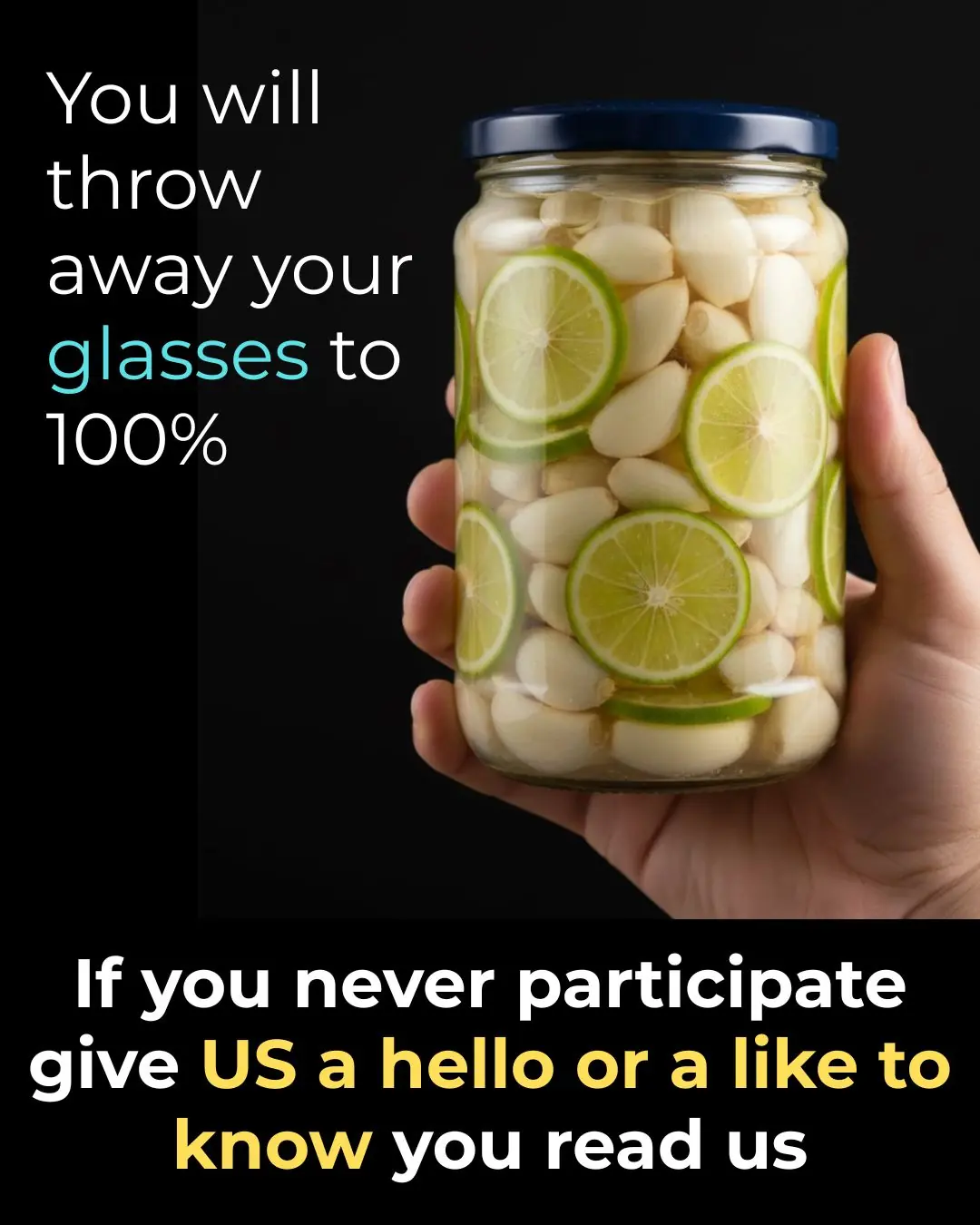
How to Improve Your Vision with Garlic and Lemon – Effective Home Remedies

Top 3 vitamins to repair painful joints that actually work!

Should or should not eat and why

If you feel itching in these 3 areas, here’s what your body might be trying to tell you

1 cup that instantly wakes your kidneys up and strengthens them naturally

What Clearing the Table Says About You

The effortless joint pain relief trick you will wish you tried sooner

The trick to finally ending stomach pain that refuses to go away

6 Foods That Can Drain Your Calcium and Weaken Bones
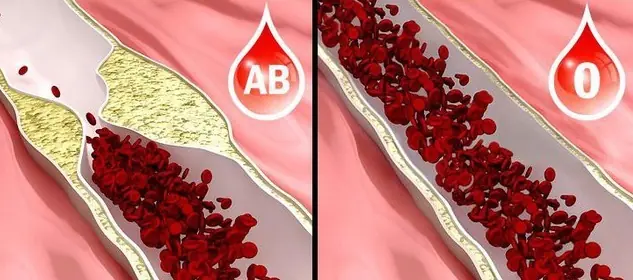
If You Carry Bl.ood Type O, You Must Know This to Protect Your Life

How to lower blood pressure naturally (doctor explains)
News Post

Unlock the power of Vaseline & Lemon

Natural Collagen Powder For Glowing Skin
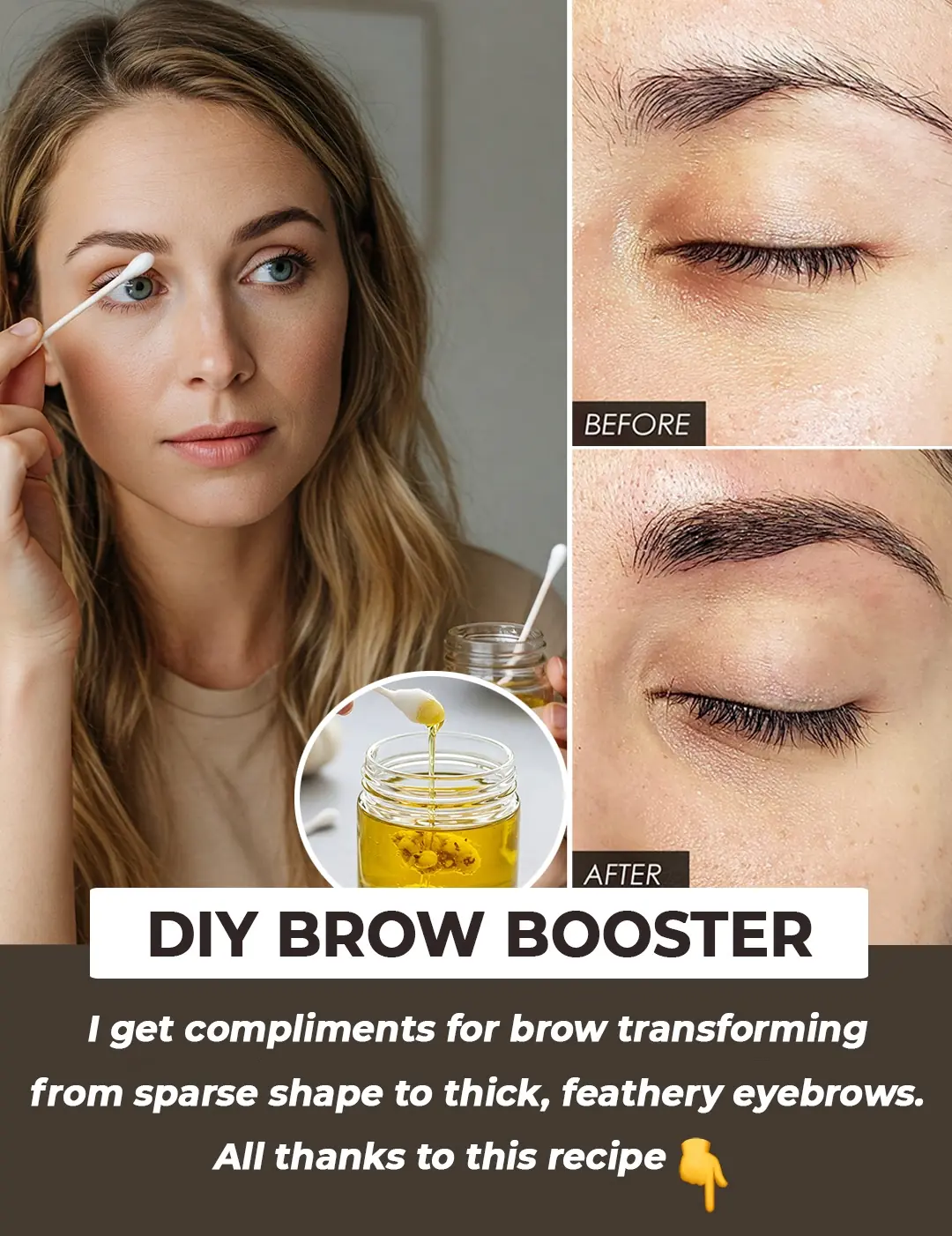
Brow Boosting Serum

5 minutes skin whitening trick with lemon and turmeric
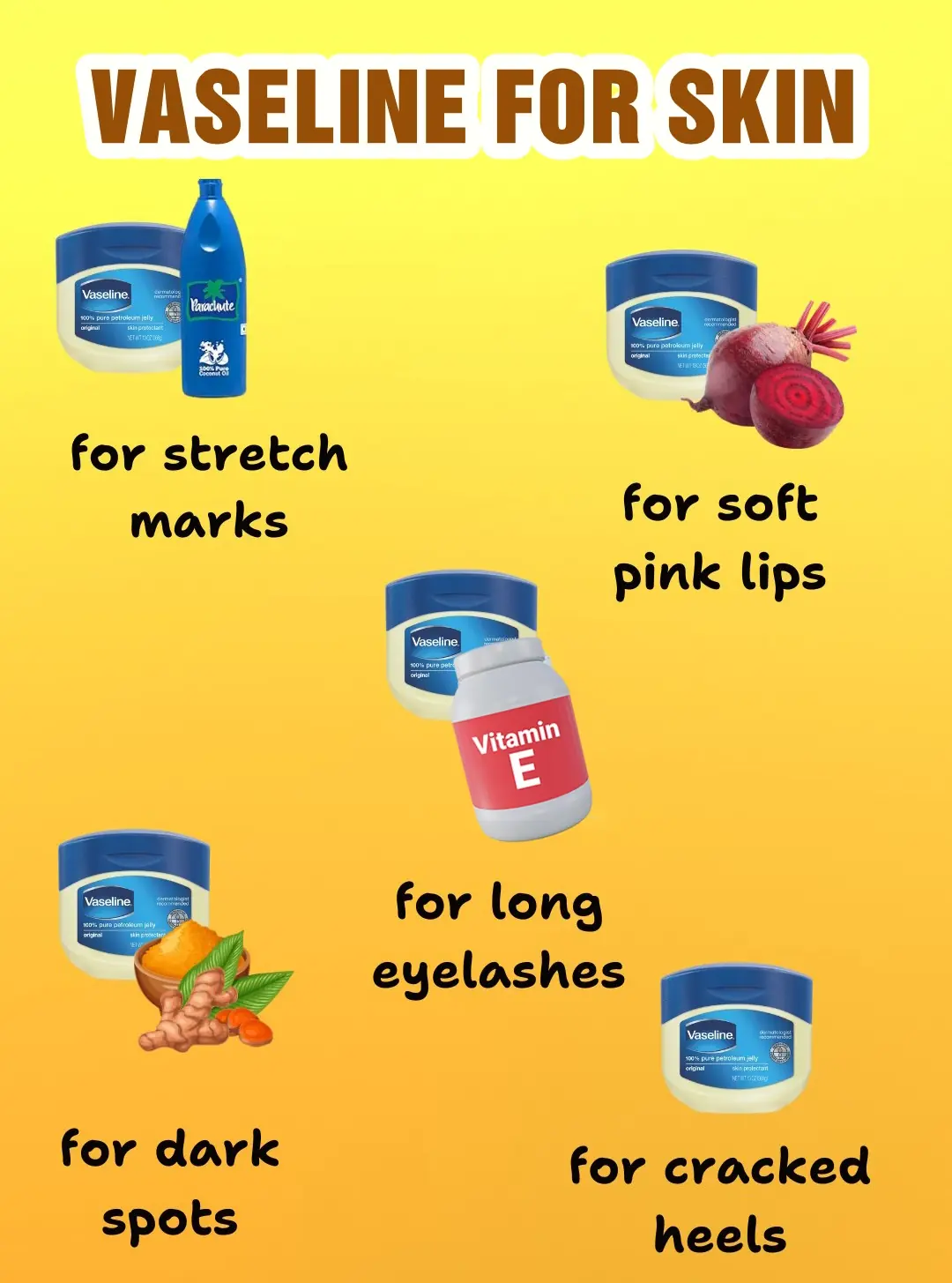
Vaseline Tips For Skin, Hair & Lips

Turmeric Infused Serum To Fade Dark Spots

Rice water for thick hair growth

5 Banana Face Mask for All Skin Concerns

12 Ultimate Hacks of Vaseline for Soft Skin, Lush Lips and Healthy Hair

Collagen Combo For Glass Skin

How to Get Rid of Dark Spots Using Onion Juice Ice Cubes

Collagen Drink For Youthful Skin

The Hidden Power: How Green Papaya Sap Soothes Cracked Heels and Boosts Digestion

Anise Seeds: 8 Remarkable Benefits for Women – When Science Meets Ancient Tradition

Two Tablespoons in the Morning: The Power of Magnesium Chloride

Warning Signs of an Overworked Liver—and the Top Herbs to Help Restore Its Function

Drink Just 1 Glass Before Bed to Cleanse Your Entire Colon in 10 Minutes

New Research Shows Beta Blockers May Raise Heart Failure Risk in Women With Hypertension

The Power of Clove Steam Inhalation (Respiratory Relief You Can Feel Immediately)
